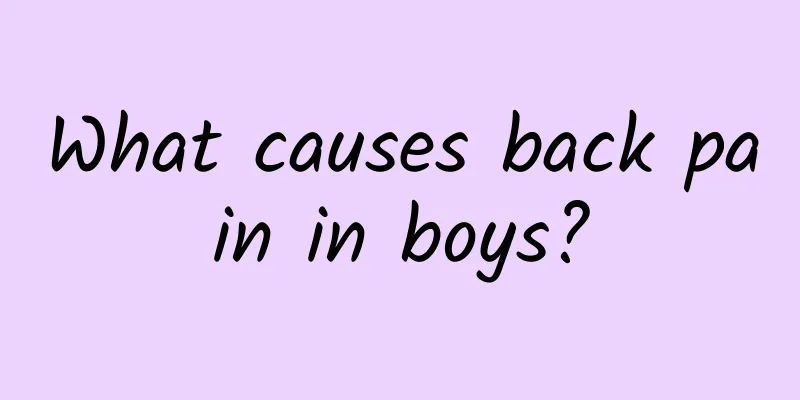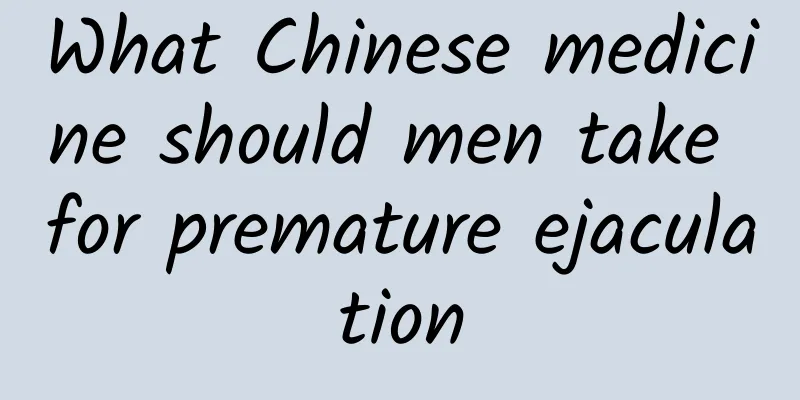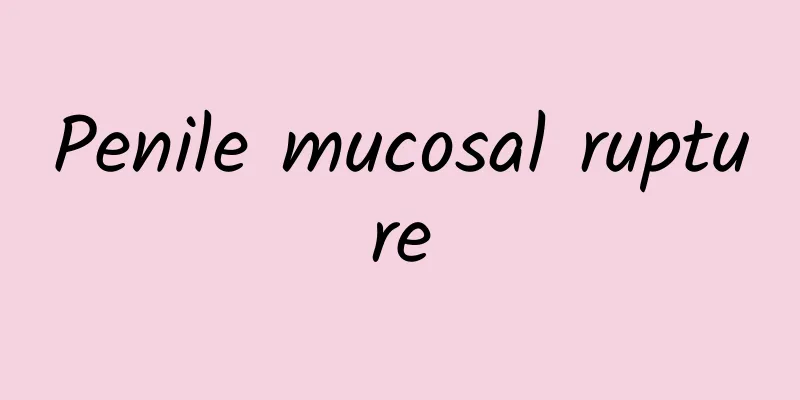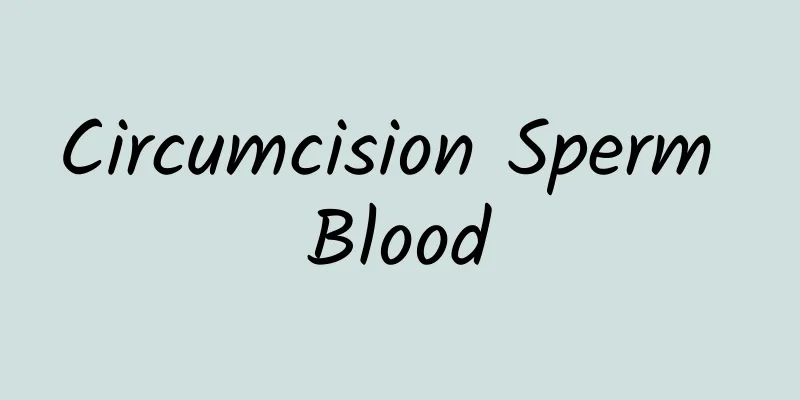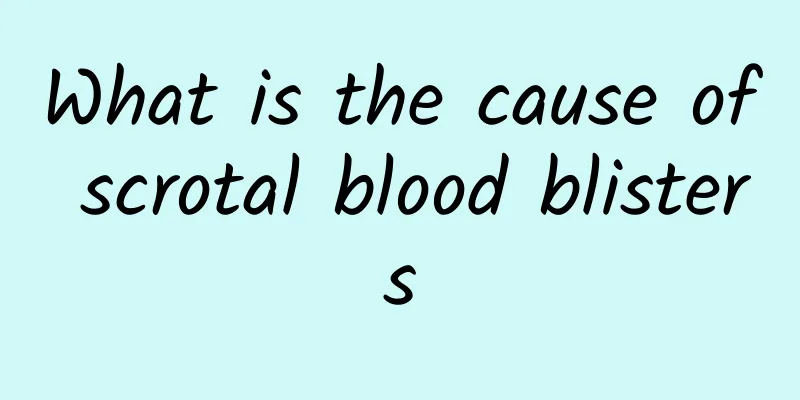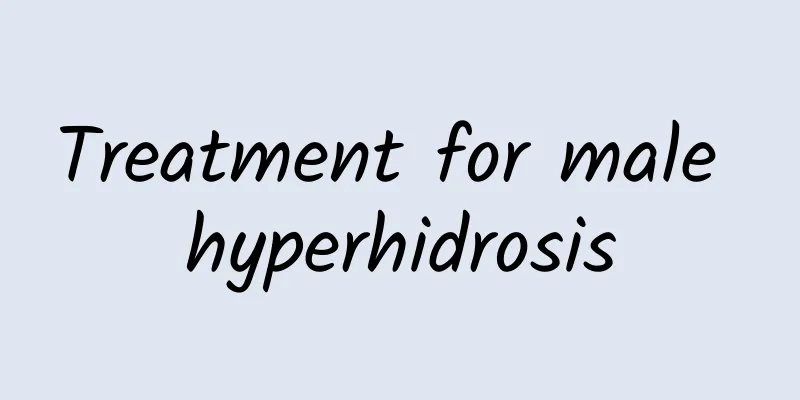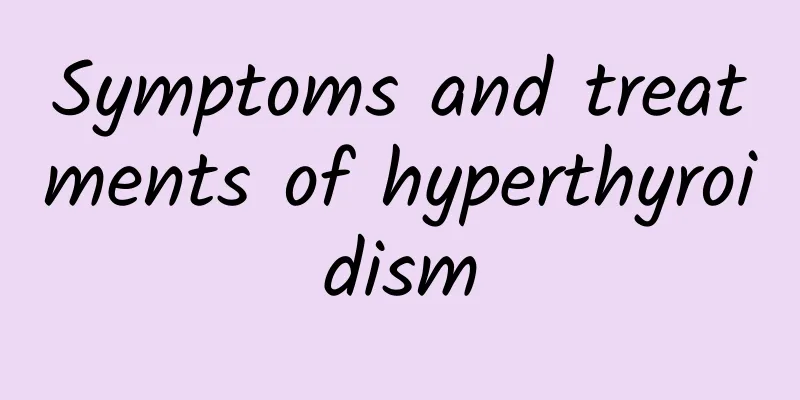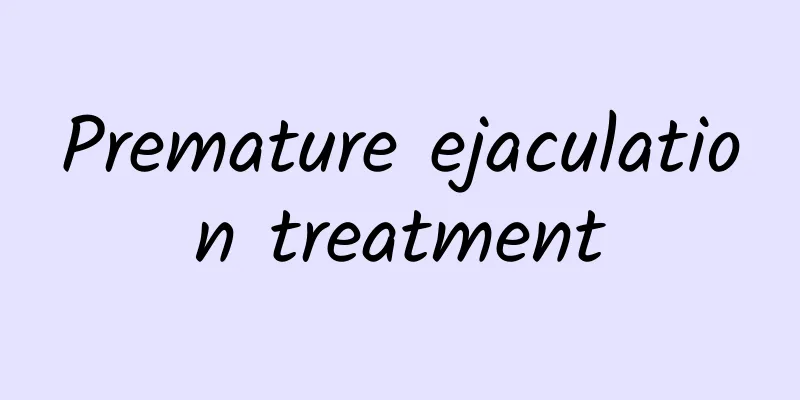Treatment of Kidney Stones
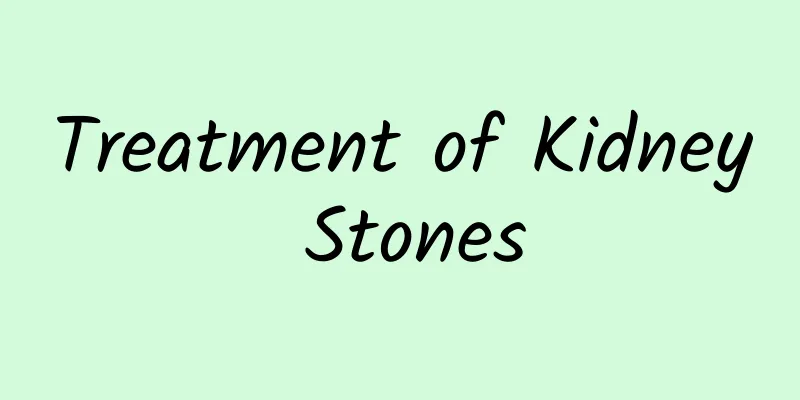
|
Kidney stones are mainly caused by improper diet, which is because we consume too many substances that can form stones in our food. Therefore, we should eat healthily in our daily life, not be partial to certain foods, and not be obsessed with certain foods. These behaviors are very bad for the body. Too much protein and too much sugar in the body can cause kidney stones. So, what are the treatments for kidney stones? Is kidney stones easy to treat?
The treatment methods for kidney stones cannot be generalized. Different symptoms require different treatment methods. The treatment of kidney stones depends on the location of the kidney stones, as well as the size and number of stones. It cannot be treated blindly, otherwise it will only make the condition more serious. When it comes to the best treatment for kidney stones, it is of course mainly to prevent the recurrence and recurrence of stones. Specifically, it is to remove the causes of kidney stones and actively treat the causes of kidney stone formation, such as removing the parathyroid glands for primary hyperparathyroidism, treating malignant tumors, controlling renal pelvic infection and relieving urinary tract obstruction, which are all effective measures to prevent the formation and recurrence of stones. More importantly, it is to regulate the body system that forms stones itself through medication. The general treatment method for kidney stones is to ensure adequate drinking: it is best to drink magnetized water with less minerals, so that the daily urine volume exceeds 2000ml, which can dilute urine, reduce crystal precipitation, flush the urinary tract and expel tiny stones. Second, the dietary composition should be determined according to the type of stone and the acidity and alkalinity of urine. For calcium oxalate stones, high-oxalate foods such as spinach, tomatoes, potatoes, beets, asparagus, nuts, tea, cocoa, chocolate, etc. should be avoided. And foods high in calcium such as milk, cheese, etc. For idiopathic hypercalcemia, calcium intake should be limited to reduce urinary calcium content; for recurrent oxalate stones without hypercalcemia, a low-calcium diet is not required. The most conservative treatment for kidney stones is drug dissolution, but this method is only suitable for a small number of small stones. The treatment of kidney stones requires patients to seek medical treatment in time. Do not delay treatment. Early treatment will minimize the impact on the body, life and work. It is necessary to remind the elderly that calcium supplementation is a physical need, but if you have kidney stones and then take calcium supplements, it is easy to backfire. |
<<: Men are most afraid of 5 words
>>: Kidney-nourishing and longevity-enhancing capsules
Recommend
Does high uric acid in men affect fertility?
High uric acid levels are prone to cause gout. It...
What ointment should I use for glans itch?
As the name suggests, glans inflammation is an in...
What food is best for improving yang
Many men nowadays have the problem of kidney defi...
How much does it cost for a male to have a sperm test?
The male department examines the sperm of men, ma...
Do you have a bitter taste in your mouth when you wake up in the morning? Be alert to gastrointestinal diseases!
From a physiological point of view, when the huma...
These fruits are both good for beauty and good for the kidneys. They are truly treasures.
I'm sure everyone knows a lot about kidney-to...
Can metronidazole cream treat acne? What are the side effects?
Acne is also known as pimples. If it is not treat...
What foods can strengthen the kidneys and boost male potency? Top 3 foods that can boost male potency
If men want to be healthy, they must eat healthy ...
How can men relieve urinary pain?
Men are more likely to experience discomfort such...
Causes of acne on men's back
The reason for acne on the back. Although the pac...
What to do about prostatitis and infertility?
Prostatitis is a common and frequent disease in t...
Does high temperature have an effect on sperm?
For men, the most important part is their reprodu...
10 symptoms of kidney deficiency in men
Because the quality of the kidneys directly affec...
What kind of exercise can improve sexual function? Three kinds of exercise you must learn
In life, men can care less about their skin and t...
Secondary development of the penis cavernous body
Can the penis develop again? Men are very concern...

